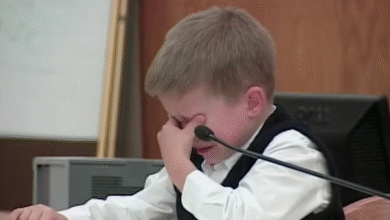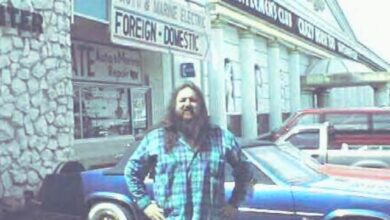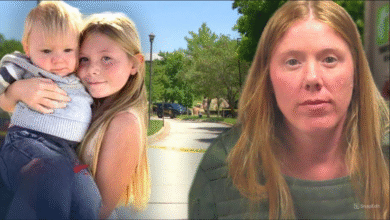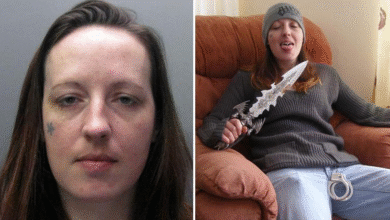The Tragic Case of Sophia Mason: A Wake-Up Call for Child Protection in California
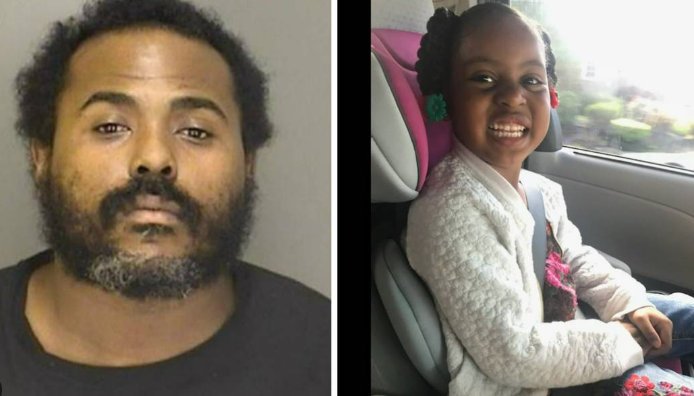
The Tragic Case of Sophia Mason: A Wake-Up Call for Child Protection in California
In 2021, the heartbreaking case of 8-year-old Sophia Mason shocked the state of California and drew national attention. Sophia, a cheerful and lively girl from Hayward, was found dead in a Merced home after enduring months of abuse and neglect. The circumstances of her death revealed deep systemic failures in California’s child protective services and sparked a renewed call for reform.

The Victim’s Background
Sophia Mason was described by those who knew her as a bright, joyful child with a warm smile and kind heart. She attended school in Hayward, where teachers and classmates appreciated her curious nature. But behind the scenes, Sophia’s life was marked by instability. Her mother, Samantha Johnson, had a documented history of neglect and abuse allegations. Concerned family members and school officials had repeatedly reported suspicions to Child Protective Services (CPS), yet no meaningful intervention took place.
In late 2020, Samantha took Sophia to live with her boyfriend, Dhante Jackson, at his home in Merced. That decision would prove fatal. From that point on, Sophia gradually disappeared from public view. She stopped attending school, and family members lost contact with her. Their growing concerns were dismissed or ignored by authorities.
In March 2021, Merced police discovered Sophia’s decomposing body in a locked closet at Jackson’s residence. The discovery came after a tip led police to search the home. The condition in which her body was found indicated prolonged abuse and confinement.

A Horrific Crime
Investigations revealed the unimaginable cruelty Sophia endured during her final months. According to court documents and witness statements, Sophia had been locked in a small, dark closet for extended periods. She was routinely denied food, forced to live in unsanitary conditions, and physically abused. Neighbors reported hearing disturbing noises, but the abuse remained largely hidden behind closed doors.
Shockingly, her mother, Samantha Johnson, not only failed to protect her daughter but was complicit in the abuse. She reportedly ignored her child’s suffering and even participated in acts of mistreatment. Johnson was arrested shortly after Sophia’s body was found and charged with murder and multiple counts of felony child abuse.
Meanwhile, Dhante Jackson fled the scene and became a fugitive. For over a year, he eluded authorities despite a statewide manhunt. In August 2022, Jackson was finally captured with the help of multiple law enforcement agencies, including the California Department of Justice. His arrest marked a pivotal moment in the pursuit of justice for Sophia.
Public Outrage and Institutional Response
The case triggered widespread outrage across California. Community vigils were held in Sophia’s honor, and her story was shared widely on social media as a symbol of the children who fall through the cracks of the welfare system. People demanded accountability from CPS and called for urgent reforms to prevent such tragedies from happening again.
California Attorney General Rob Bonta addressed the public in the wake of Jackson’s arrest:
“The pain of losing a child is unimaginable, especially when that child was a victim of abuse. We grieve with Sophia’s family and acknowledge that she should be here with us today—playing, learning, and growing up. Our children deserve to be safe and protected from violence.”
Following the incident, lawmakers in California proposed new legislation aimed at overhauling the state’s child protection protocols. Key proposals included mandatory follow-ups on abuse reports, stricter oversight of social workers, and more funding for emergency child welfare interventions. Advocates emphasized the need for a system that not only reacts but proactively identifies and intervenes in high-risk situations.
Family Grief and the Pursuit of Justice
Sophia’s family, particularly her aunt and grandmother, had fought tirelessly to protect her. They had made multiple reports to authorities and begged CPS to investigate Johnson’s behavior. After her death, the family expressed a mixture of heartbreak and relief upon learning of Jackson’s arrest.
“We miss Sophia every day,” said a family spokesperson. “She was a beautiful child full of life and potential. What happened to her was a complete failure of the system. We hope her story serves as a wake-up call to protect other children.”
Samantha Johnson remains in custody, awaiting trial, and faces charges including first-degree murder, felony child endangerment, and conspiracy. Dhante Jackson also faces multiple felony charges, including murder and torture. Prosecutors have vowed to seek the maximum penalty, describing the case as one of the most egregious child abuse cases in recent memory.
Lessons Learned and the Path Forward
Sophia’s tragic death has left a lasting impact on California’s public consciousness. Her story revealed the dangerous gaps in the child welfare system—even in a state with substantial resources dedicated to child protection. Numerous red flags were raised, yet the system failed to respond in time.
Child welfare experts have since called for a multi-agency review of how abuse reports are handled. They argue that CPS must be better equipped and held accountable for acting swiftly in cases where children are at immediate risk. Some advocates have proposed the creation of a centralized abuse tracking system and independent oversight boards to ensure transparency and responsiveness.
Nonprofit organizations and children’s rights groups have also launched initiatives in Sophia’s memory, focusing on community education, mandatory reporter training, and early intervention programs. These efforts aim to empower neighbors, educators, and relatives to recognize and respond more effectively to signs of abuse.
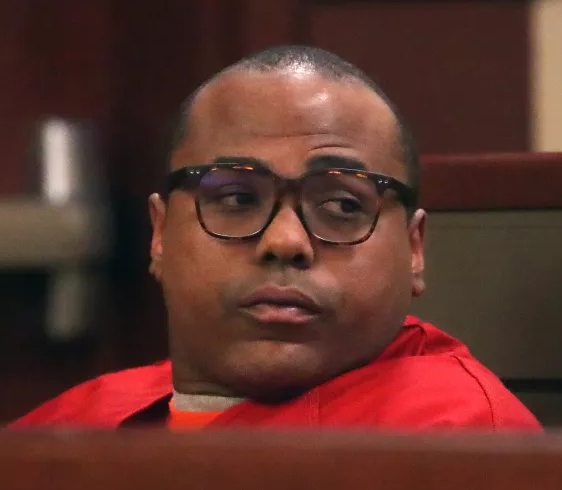
Conclusion
Sophia Mason’s death is more than a personal tragedy—it is a glaring indictment of a flawed system. Her case has become a symbol of what happens when vulnerable children are not heard, not seen, and not protected. While nothing can undo the pain and suffering she endured, her story must inspire systemic change.
As the legal process unfolds, Sophia’s name will continue to be spoken by advocates, lawmakers, and grieving citizens who demand better for the next child at risk. In remembering her, we are reminded of our collective responsibility to safeguard the innocent—and to never turn a blind eye when they cry out for help.

